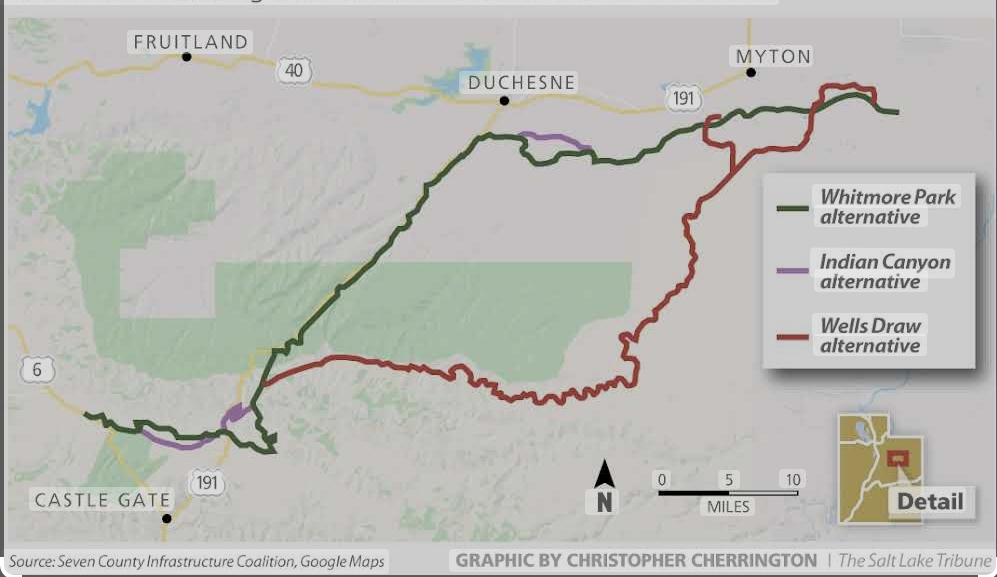The U.S. Supreme Court has announced it will consider reinstating the approval for a controversial railroad project aimed at transporting crude oil from eastern Utah. The justices will review an appeals court decision that overturned the initial approval granted by the Surface Transportation Board for the Uinta Basin Railway.
Key Details:
- Project Overview: The 88-mile rail line would connect oil and gas producers in Utah to the broader national rail network. This connection would enable them to access markets and sell to refineries near the Gulf of Mexico.
- Appeals Court Ruling: The approval for the railway project was overturned by an appeals court, leading to the current Supreme Court review.
- Arguments: The Supreme Court is set to hear arguments in the fall.
Support and Opposition:
- Proponents: Supporters of the project argue that it will provide a crucial transportation link for Utah’s oil and gas producers, helping them to efficiently access larger markets and potentially boost economic growth in the region.
- Opponents: Many Colorado counties and environmental groups oppose the project, citing concerns about potential environmental harm. They worry about the risks associated with transporting crude oil through sensitive areas and the broader impact on climate change.
The decision by the Supreme Court to hear the case underscores the significant national interest and contentious debate surrounding the Uinta Basin Railway project. The outcome of this review will have major implications for the future of crude oil transportation in the region and the balance between economic development and environmental protection.





